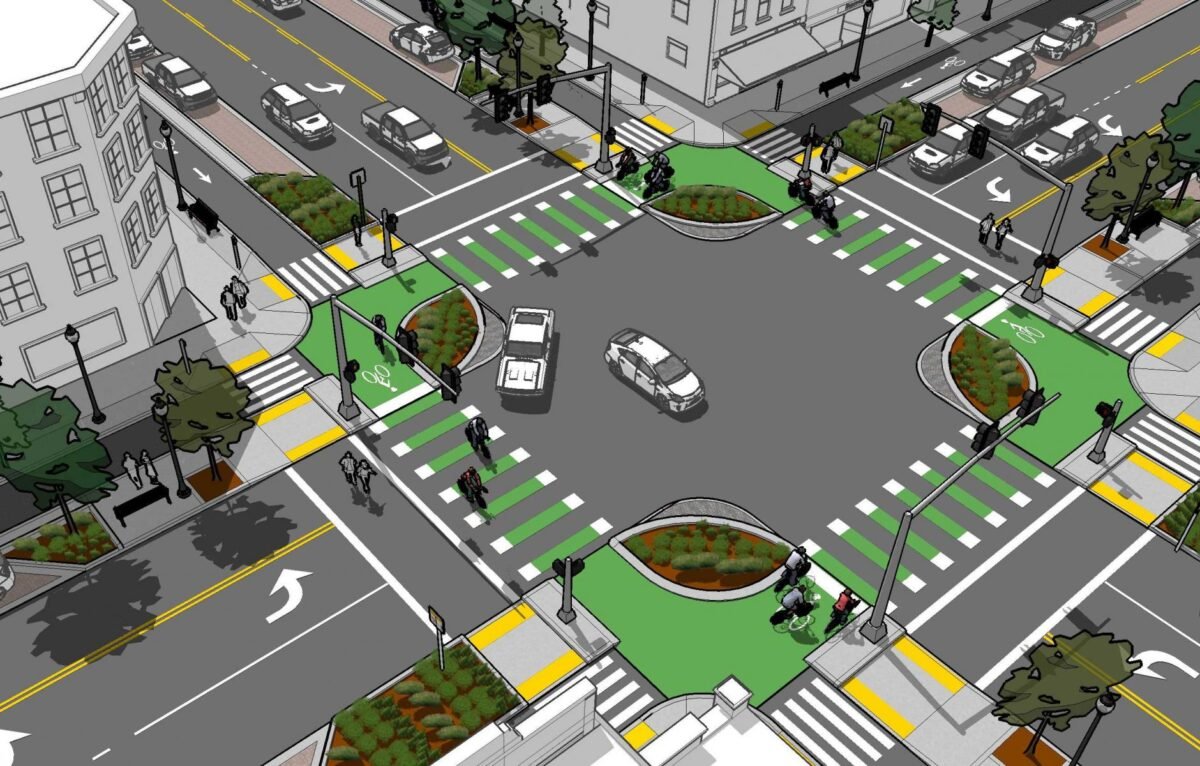D.C. Entrepreneurs Still Focused on Transportation

Washington D.C.-based shared-ride company Split [ed.: no longer operational when checked in 2024] was one of two transportation startups who participated in the Tech.Co Startup Competition last month, showing that Washington remains a prolific incubator of transportation-related startups, and that entrepreneurs believe there are additional transportation problems that need solving.
Split, which has been operational since May of this year, is an app-enabled shared-ride service. The startup scored second place in the Tech.Co competition, suggesting the company’s concept resonated with the audience.
Split has been compared to Uber and Lyft, but unlike those services, Split is a true ride-sharing platform. Like Uber, customers of Split use an app to hail a ride from one of the company’s fleet of drivers who operate their own vehicles. Unlike Uber, however, Split matches each customer’s route with other customers, allowing the driver to pick up an additional passenger or two for a given trip along a same route. Customers are asked to walk a block or two at most to facilitate this shared ride.
A kind of taxi-bus hybrid, the goal of Split is to make use of the “empty seat resource” that is wasted in most vehicle trips. Single-occupancy vehicles are the primary cause of traffic congestion, and significantly impact air quality. By facilitating ride-sharing and harnessing these empty seats, Split is a sustainable and efficient form of transportation. (It is also an affordable one, since Split, as the name implies, allows multiple passengers to split their fare.)
Split claims to be faster than public transit, but less expensive than Uber. A Mobility Lab review of the Split [ed.: as of 2024 that review no longer appears on the Mobility Lab website] service bears out that claim, and other reviews have been positive as well. Split fills a nice niche role in the current crop of transportation network services in D.C., and should appeal to Millennials, people on a budget, or those who are environmentally aware. It may even make owning a car less less necessary in D.C. While Split currently only operates in a limited area of D.C., co-founders Dan Winston (below) and Ario Keshani say they are excited about expanding throughout the city.

The other D.C. transportation startup in the Tech.Co competition was a company called Flexspot [ed.: still operating in 2024], a parking utility that allows private parking-space owners (individuals and enterprises) to rent spaces to those in need of parking. Like an AirBnB for parking, the company’s leaders say their technology can result in “a third less traffic and vehicle emissions, and a 12 percent boost in retail sales.”
While Flexspot didn’t place in the top five in the Tech.Co competition, it appears to be a promising innovation. If Flexspot succeeds, it could be a good solution to the lack of parking that is a nuisance in many cities.
Over a dozen District-area startups competed alongside Split and Flexspot, including SameGrain, a socially-conscious social media network, and DrinkMate, a breathalyzer that plugs into a smartphone.
The winner of the Washington D.C. Tech.Co Startup Competition was coffee company Javazen [ed.: no longer operational in 2024]. Created by University of Maryland students, Javazen is a set of coffee-tea blends that are also rich in superfoods. It is available for sale on Amazon.com. [ed.: no longer sold on Amazon as of 2024]
Javazen will compete against winners from the 45 other regional Tech.Co competitions this October in Las Vegas. There, a grand-prize winner will be selected. The Tech.Co Startup Competition is intended to nurture innovation and entrepreneurship. Quite possibly, it will also discover the “next great small business.”



